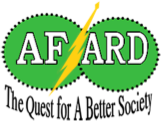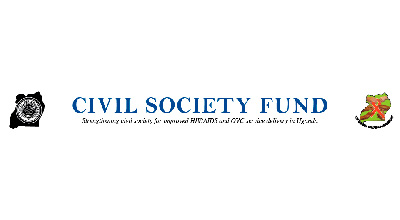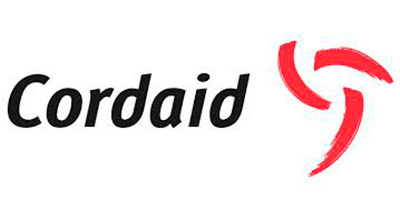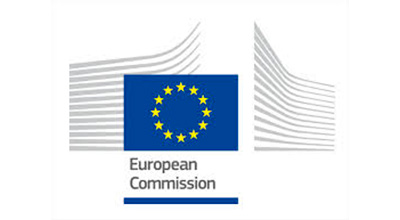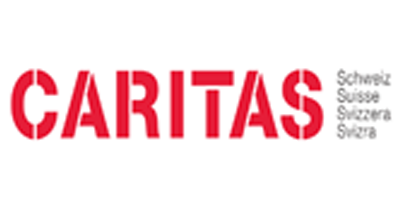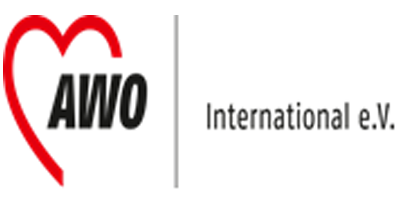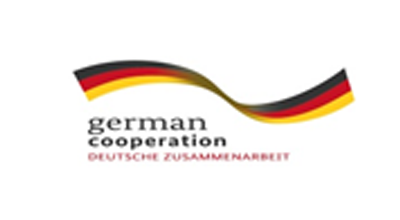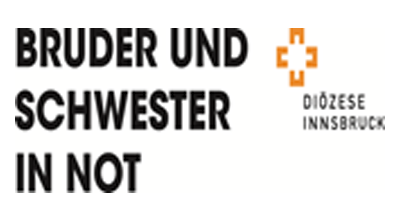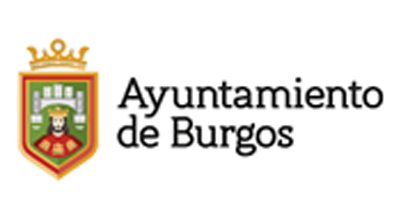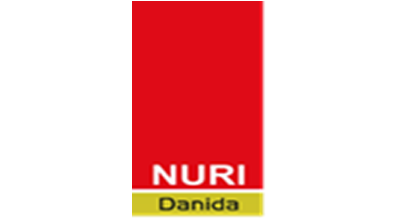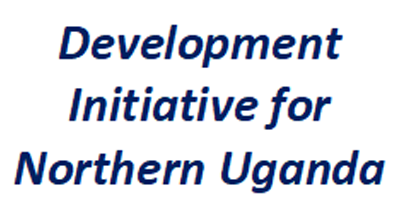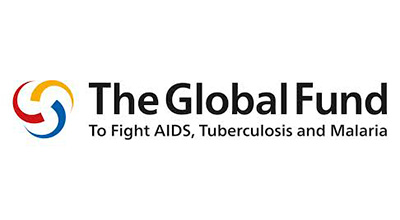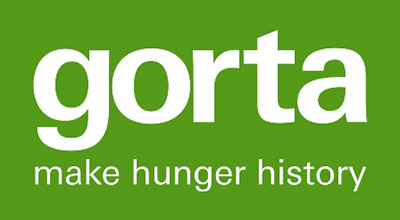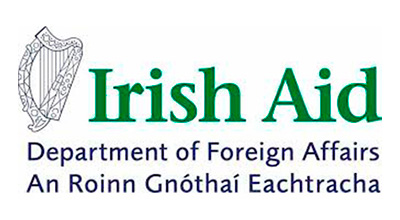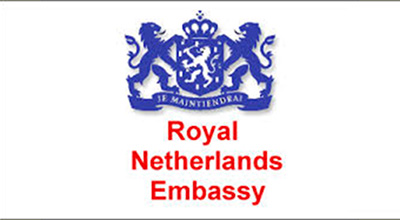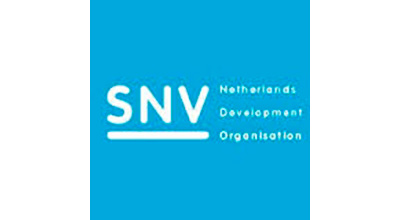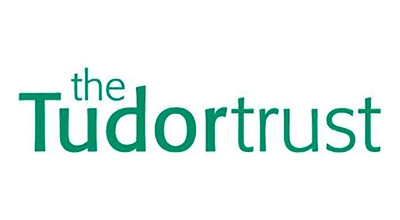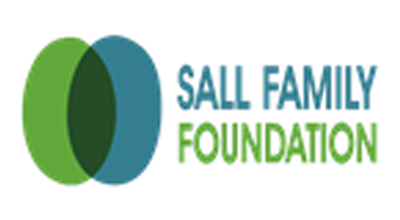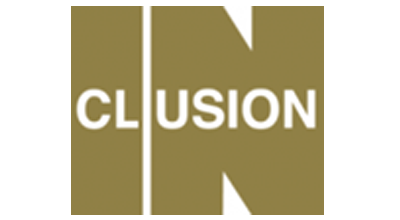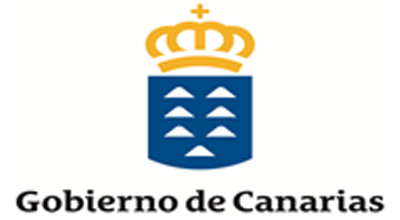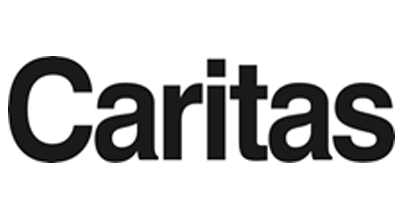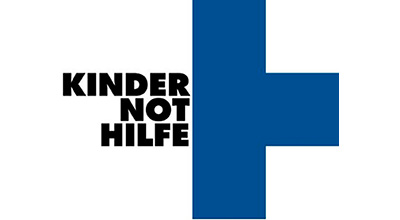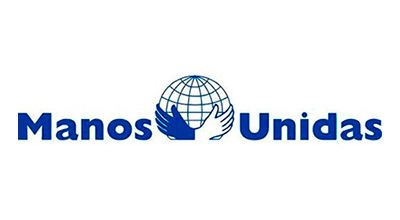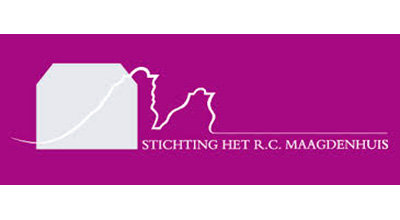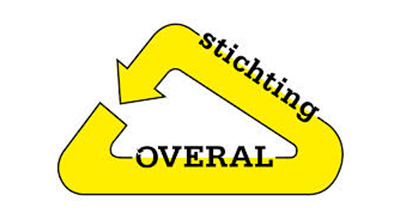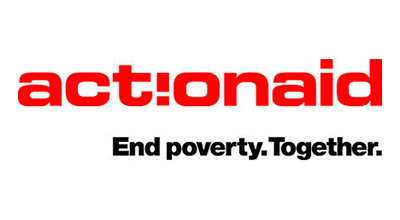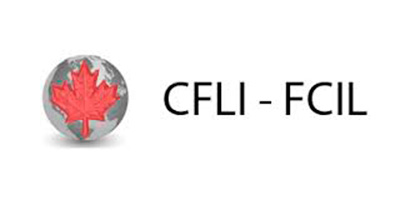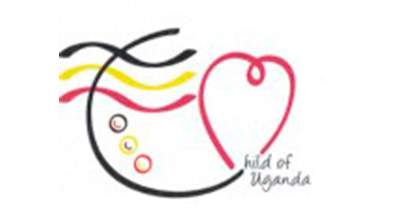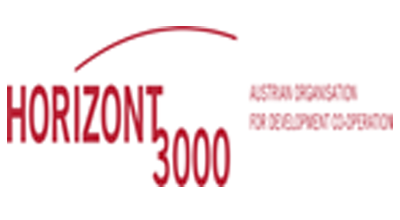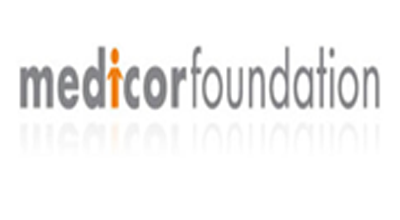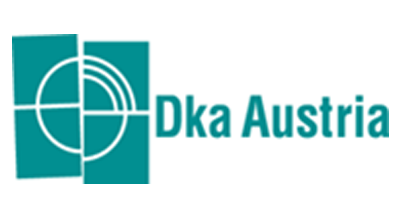The West Nile region has an estimated 4 million people and is the second poorest region in Uganda. By January 2019, the region hosted 704,902 out of the 1,205,913 refugees and asylum seekers (i.e., 59%). Bidibidi and
Rhinocamp refugee settlements in Arua and Yumbe districts alone had 321,152 refugees. These people face livelihood (food and income) insecurity. The project seeks to contribute to SDG 1 (end poverty), SGD 2 (zero hunger), SDG 8 (financial inclusion) and SDG 13 (environment conservation) with a goal, “Refugees and host communities have secure livelihoods and contribute to sustainable development within Rhino camp and Yumbe resettlement areas, in West Nile Region, Uganda.”
Phase 1 (2017-19) was extended into another 3-year Phase II with the same goal and objectives was extended. Directly the project serves 750 households (572 females; 366 refugees) and 110 new youth (54 females; 55 refugees) and indirectly 5,250 (with average of 7 members per household). To date, 89% of the households eat three diversified meals daily. Their average monthly savings also rose from UGX 17,182 to UGX 35,315 and for youth from UGX 25,385 to UGX 38,864. They also planted 20,580 trees.
The key results from this phase I and II were:
- 88% of targeted housed ate at least three meals daily up from 73%
- Income increased from UGX 63,000 to 786,000
- Adoption of climate smart agricultural practices rose from 70 -94%
- Households that adopted at least 3 good food preparation, preservation and storage practices increased from 88 – 96%
- 100% of the targeted households started an alternative income generating activity.
- 58% of targeted farmer field schools sold their produce collectively.
- 39,840 trees were planted.
Project Budget: UGX 2,878,874,000
Donor: Austrian Development Cooperation, Bruder und Schwester in Not Innsbruck (BSI) and Caritas Kärnten and HORIZONT3000
